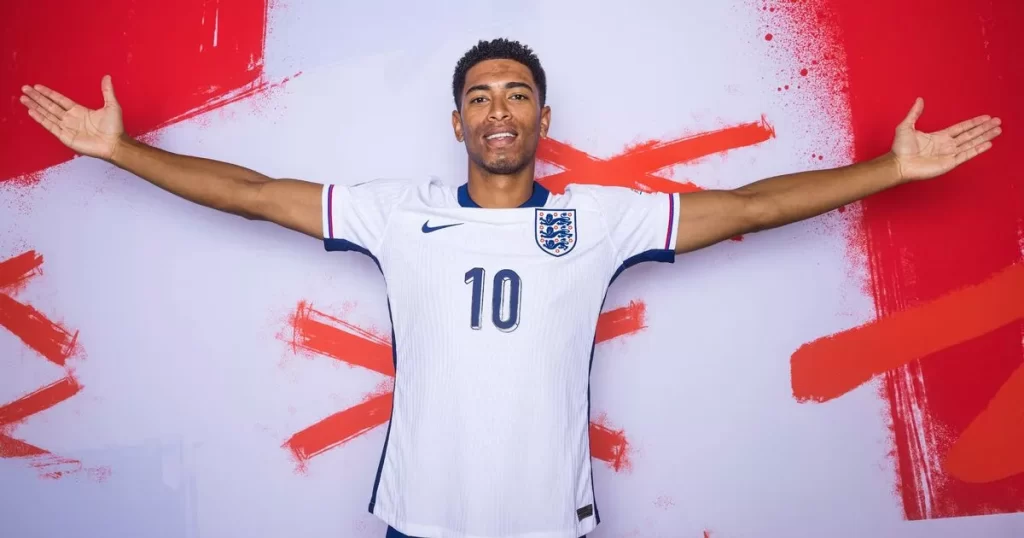Video LoadingVideo UnavailableClick to playTap to playThe video will auto-play soon8CancelPlay nowGet daily celeb exclusives and behind the scenes house tours direct to your inboxMore Newsletters SubscribePlease enter a valid emailSomething went wrong, please try again later.More NewslettersWe use your sign-up to provide content in ways you’ve consented to and improve our understanding of you. This may include adverts from us and third parties based on our knowledge of you. More infoThank you for subscribing!We have more newslettersShow me See OurPrivacy Notice See OurPrivacy Notice×Group 28 Get daily celeb exclusives and behind the scenes house tours direct to your inboxInvalid emailSomething went wrong, please try again later.Sign UpNo thanks, closeWe use your sign-up to provide content in ways you’ve consented to and improve our understanding of you. This may include adverts from us and third parties based on our knowledge of you. More info×Group 28Thank you for subscribing!We have more newslettersShow MeNo thanks, closeSee our
Privacy NoticeThe second that England faces a defeat in Euro 2024, the sound of Three Lions being sung from every pub and bar will suddenly come to an abrupt halt. But as hopes for victory continue, there is one particular line that people may stumble over. The iconic Three Lions anthem, better known as It’s Coming Home or Football’s Coming Home, was released in 1996 by The Lightning Seeds alongside comedy duo Frank Skinner and David Baddiel. The anthem will undoubtedly echo across the nation during England’s quarter-final match against Switzerland on Saturday, 6 July – when all eyes will once again be on star player Jude Bellingham, after he avoided a ban for a gesture he made following his late equaliser against Slovakia last Sunday. So you’ve got just a few hours to brush up on the lyrics – you know, the song that goes: “It’s coming home, it’s coming – football’s coming home.” But even the most die-hard footy fans are only now realising they’ve been belting out one line incorrectly all these years….
Jude Bellingham plays for Real Madrid and England
(Image: UEFA/UEFA via Getty Images)
England fans have been singing the famous song all wrong
(Image: AFP via Getty Images)
Read More
Related Articles
Dunelm’s peacock parasol is a bargain at half-price as shoppers rave about look
Read More
Related Articles
Inside England’s Jude Bellingham’s romance with model Laura Valk as she stays away from Euros
The lyric many people trip up on sounds like: “Jewels remain still gleaming.” In reality, the line actually goes: “Jules Rimet still gleaming,” reports the Mirror. This is a nod to FIFA’s longest-serving president Jules Rimet, after whom the World Cup Trophy was named from 1946 to 1970. Scores of users on X, formerly Twitter, were taken aback by the revelation. “Sorry, but Jules Rimet still gleaming? I’ve thought it was jewels remain still gleaming for the past 25 years,” one person confessed. Another tweeted in disbelief: “Oh my GOD. This whole time, 22 years, I thought the line was ‘Jewels remain still gleaming’… Like… the crown jewels. I know nothing.”
David Baddiel and Frank Skinner featured in the music video for the song and sang with The Lightning Seeds
Ian Broudie from The Lightning Seeds with Frank Skinner
Another chimed in with a similar confession: “Can’t remember what age I was when I realised it wasn’t ‘jewels remain, still gleaming’. In my late 20s, I reckon.” Three Lions was originally released for the European Championships in 1996 when it topped the charts. It returned to the top spot again in 1998 when it was released for the World Cup that year. Other references in the song include: “That tackle by Moore”, which references Bobby Moore’s tackle of Jairzinho in a group match against Brazil at the 1970 World Cup; “When Lineker scored” – Gary Lineker’s goal against West Germany in a semi-final at the 1990 World Cup; “Bobby belting the ball” – Bobby Charlton’s goal against Mexico in a group match at the 1966 World Cup and “Nobby dancing”, referring to Nobby Stiles dancing with the Jules Rimet Trophy after England won the 1966 World Cup.Story SavedYou can find this story in My Bookmarks.Or by navigating to the user icon in the top right.Follow OK! MagazineFacebookTwitterCommentMore OnComedyIn the NewsEuros












